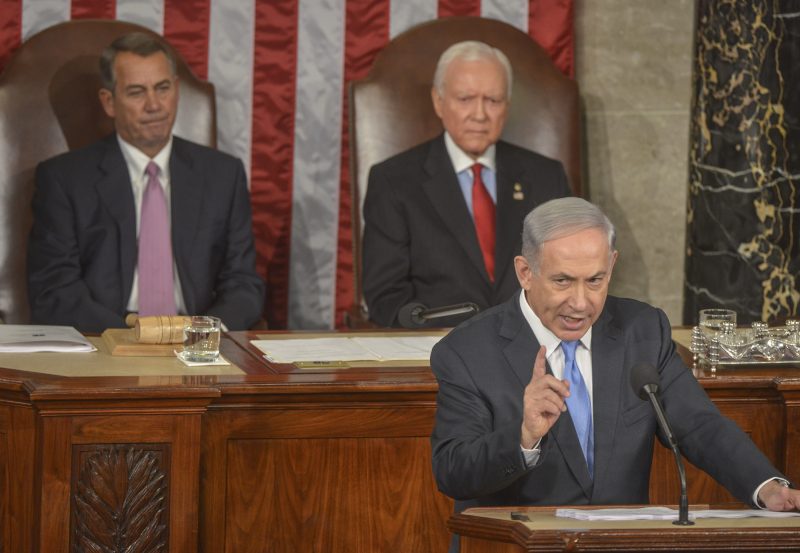In recent years, the relationship between Israeli Prime Minister Benjamin Netanyahu and the Democratic party in the United States has undergone a significant shift. This split did not happen overnight but was rather a culmination of various factors that have been brewing for years.
One of the key factors contributing to the strained relationship between Netanyahu and the Democrats is their differing views on the Israeli-Palestinian conflict. Netanyahu, a staunch advocate for Israeli security and territorial integrity, has often taken a hardline approach towards the Palestinians. This has put him at odds with many Democrats who support a more conciliatory approach and efforts to broker a two-state solution.
Another factor that has fueled the rift between Netanyahu and the Democrats is the influence of domestic politics. In recent years, the Democratic party has become more progressive, with a growing number of members openly critical of Israel’s policies towards the Palestinians. This shift has made it increasingly difficult for Netanyahu to cultivate strong relationships with key Democratic leaders and lawmakers.
Moreover, Netanyahu’s close alignment with former President Donald Trump further strained his relationship with the Democrats. Trump’s unwavering support for Israel and his decision to move the U.S. embassy to Jerusalem were applauded by Netanyahu but widely criticized by Democrats. This alignment with Trump further solidified the perception of Netanyahu as a partisan figure aligned with the Republican party.
Additionally, Netanyahu’s handling of the Iran nuclear deal also contributed to the growing divide with the Democrats. While Netanyahu vehemently opposed the deal and worked to undermine it, many Democrats supported the agreement as a means to prevent Iran from obtaining nuclear weapons. This fundamental disagreement on a critical foreign policy issue further widened the gap between Netanyahu and the Democrats.
In conclusion, the split between Benjamin Netanyahu and the Democratic party in the United States was not a sudden development but rather a gradual process shaped by differing views on the Israeli-Palestinian conflict, domestic political dynamics, alignment with former President Trump, and disagreements over the Iran nuclear deal. Moving forward, it will be crucial for both sides to find common ground and work towards a more constructive relationship based on shared values and mutual interests.


























